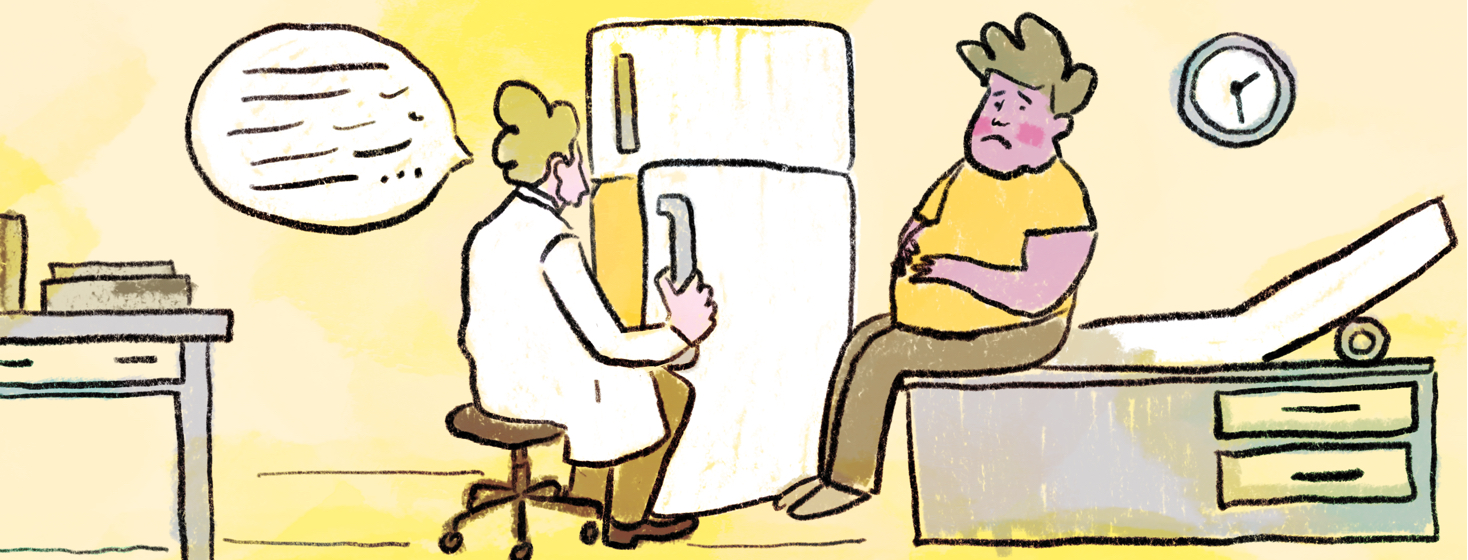How To Manage The "Fat" Talk
If your BMI is 25+ you know all about The "Fat" Talk. Obesity heroes and villains morph over time, but the sentiment is relatively consistent. People gain weight by indulging themselves, failing to exercise, lacking self-control, or not working hard enough to change their evil ways. Growing up in the 1980s and 1990s fat was bad and carbs were good. There was no question that fat was making us fat, and that was the end of that. The purported solutions were aerobic exercise, eating lots of grains, and piously avoiding fat. Muffins and bagels also got famous during this time. Pendulum swings being what they are, the current conventional wisdom finds us with new dietary angels and demons, but folks classified as overweight or obese face the same pressures, stigma, and isolation.
A friendly warning
DO NOT allow concerns around being harangued about your weight to prevent you from seeking necessary medical treatment, here’s why. My fatigue was off the charts during the pandemic and things became unlivable by May of 2021. Three main things kept me from making an appointment: not being fully vaccinated for COVID, the persistent thought that I should lose more weight, and the foggy fatigue mind games.
Keep in mind, I'd lost at least 15 pounds during the pandemic. It's hard to say how, but it happened. My insurance company and general practice guidelines require my doctor to caution me about my BMI and remind me to lose weight. She sent me for bloodwork, other routine screenings, and told me to come back in two weeks.
My aunt and I had to respond to a neighbor's fatal car accident on the way home from the appointment, which put me off from getting my blood drawn for a few days. My doctor called during dinner to tell me that my blood work showed multiple life-threatening complications of long-term NSAID use.
24 hours later I was seeing a hematologist. 48 hours later I started infusions worth over $5,000 to save my life. As in, if I'd waited to lose more weight I would have died.
Making "The Talk" work for you
Acknowledge (to yourself) defensiveness as it arises, but work to listen to what's being said.
It helps me to validate my frustration while seeking improvement. My doctor asked me to increase my vegetables. I agreed to try eating 5-6 servings daily. Be honest -Tell your provider about your life and self-care.I usually write up a summary of my schedule, what I eat, and my concerns.Be specific about how your body responds to diet, exercise, and rest.Letting her know that exercise was too painful and requires too long of a recovery time got her attention.Ask for lab tests to help determine what's happening with your metabolism, weight, and energy levels.Ask what books, websites, programs, classes, or support groups might help.I understand that talking about our weight is unpleasant and can be deeply disturbing. It can be triggering in ugly ways, but none of these things is a reason to be dead. Okay?
Join the conversation